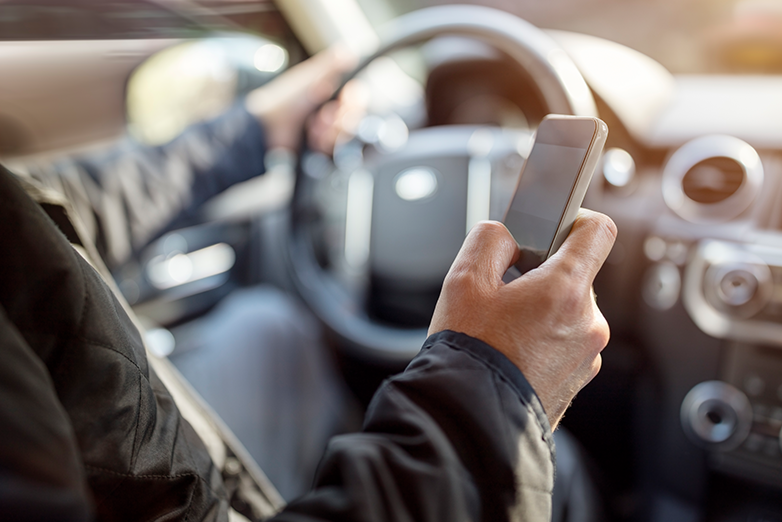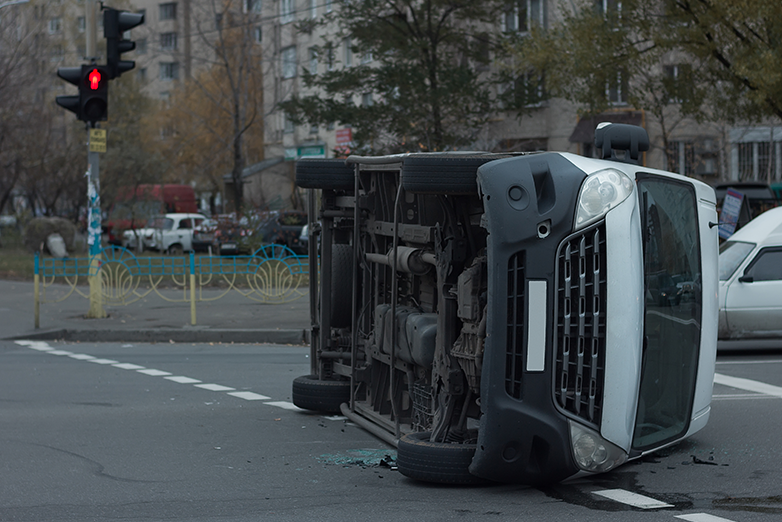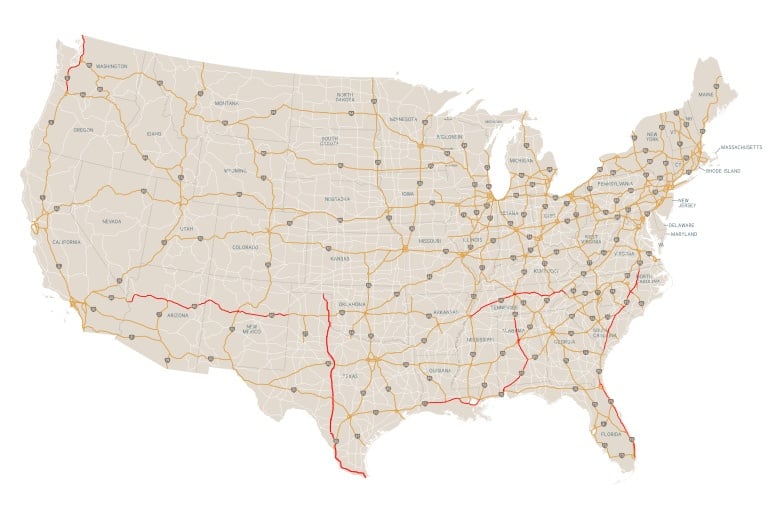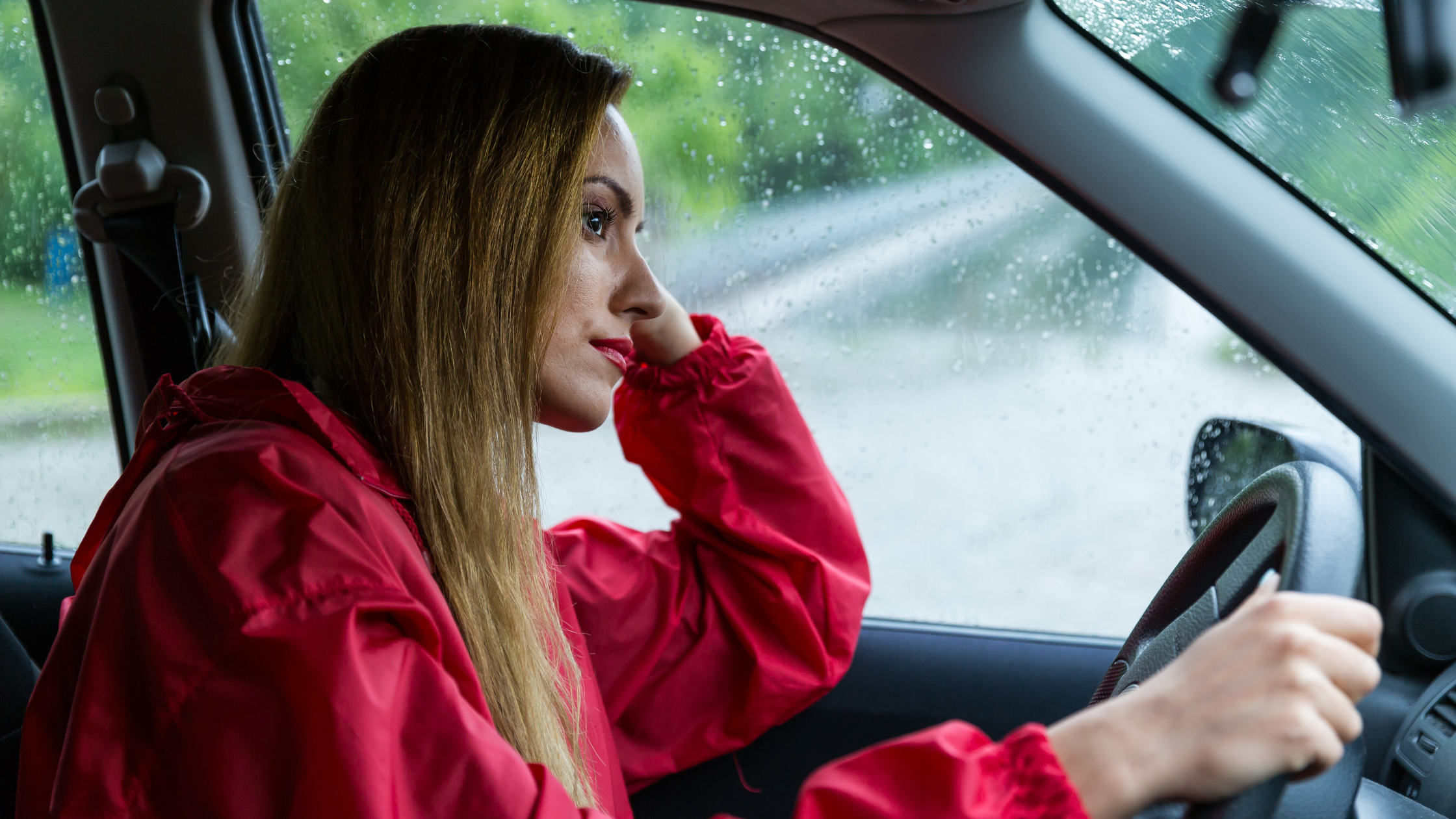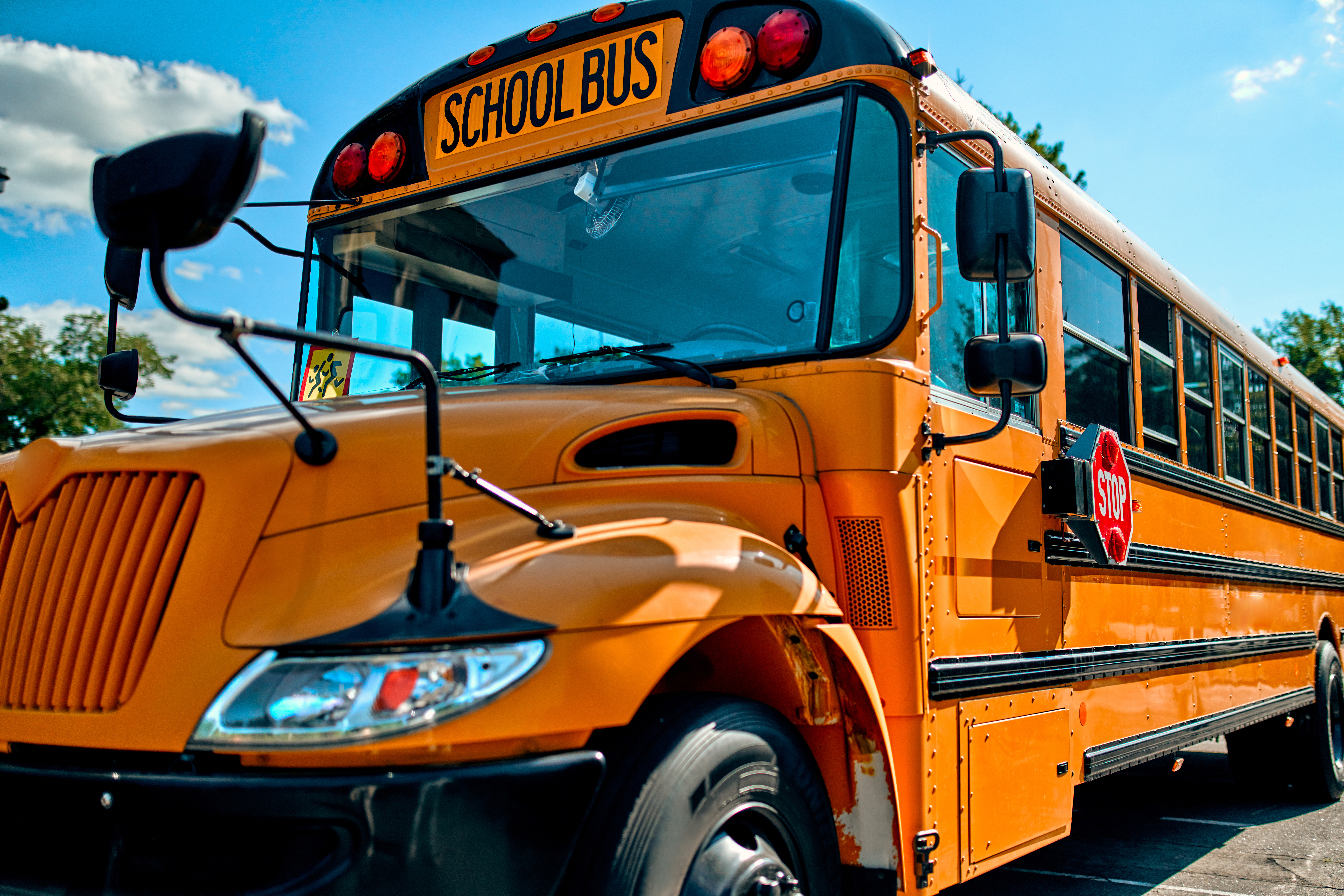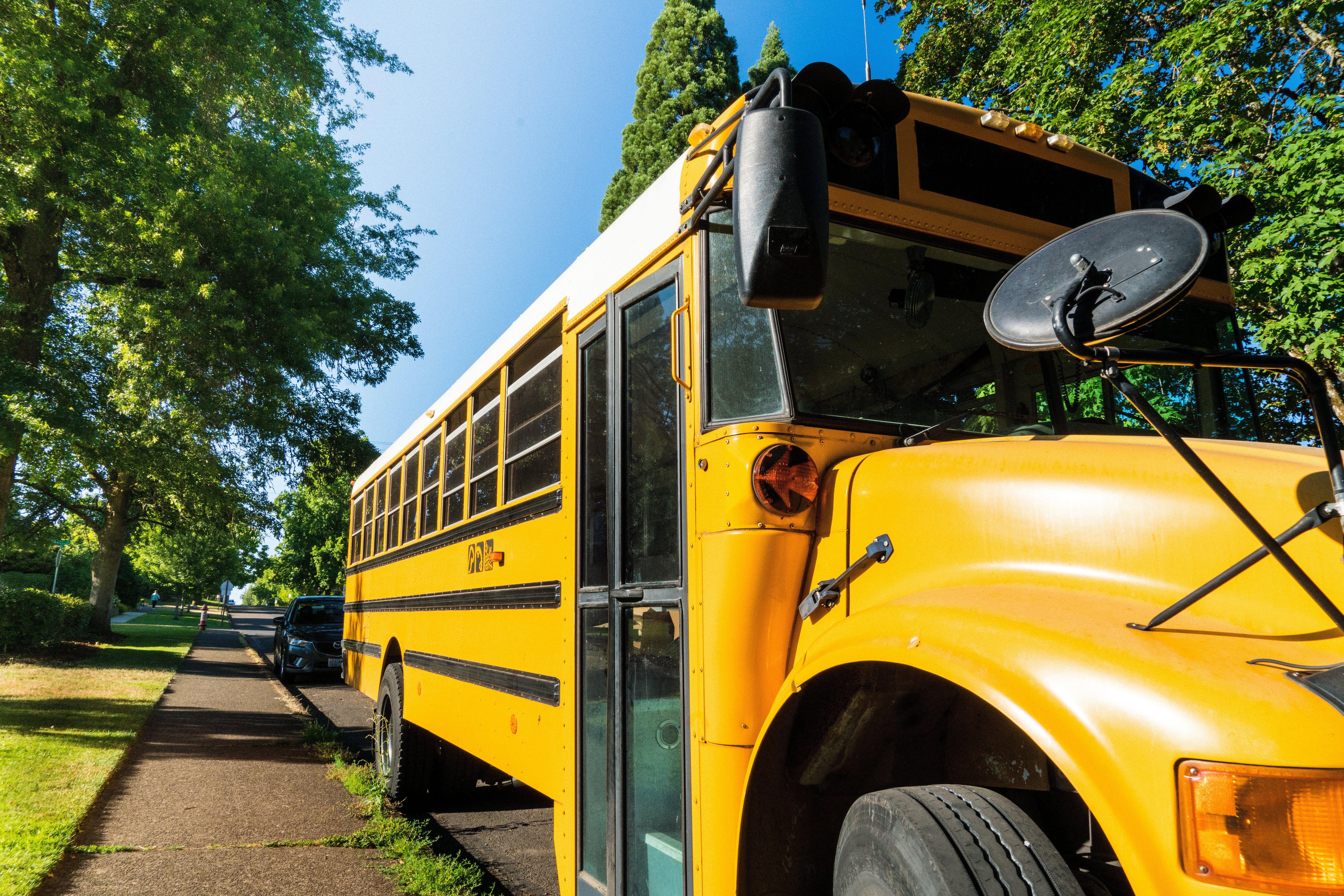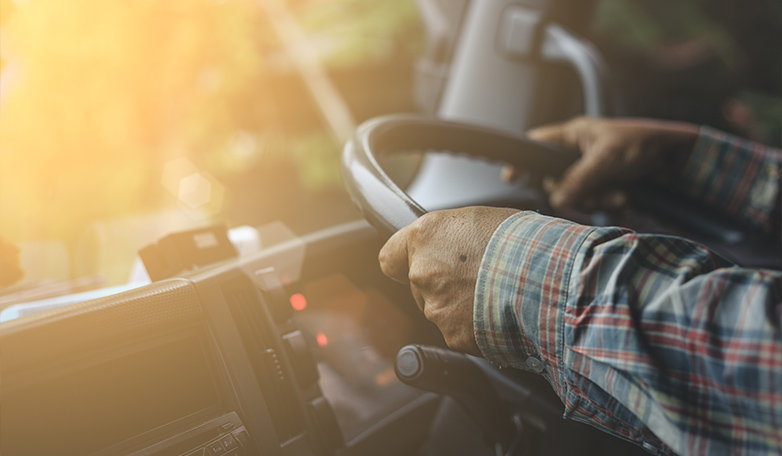
Summertime driving safety has always been an important topic, but it takes on a new meaning in the age of COVID-19. As the country reopens and businesses strive to return to normal, professional drivers face new regulations and guidelines. In addition to new business policies, there are also daily safety precautions that drivers should follow when behind the wheel.In addition to your organization’s safety measures regarding wearing protective coverings, practicing social distancing or changing cleaning procedures for truck cabs, drivers should also learn safety precautions for essential tasks such as taking breaks, refueling or making deliveries.
Proper Precautions During a Pandemic
Whether drivers are returning home at the end of the day or traveling for more extended overnight trips, many of the same precautions apply. Although drivers often spend long periods alone in their vehicles, they also may be at increased risk for exposure due to frequent interactions with store or dock workers, cashiers and attendants at truck stops or with other personnel who must accept deliveries or sign paperwork.
The Centers for Disease Control and Prevention has released guidelines for long-haul truck drivers, and many of these same safety tips are relevant to other professional drivers. Some of the basic safety tips are:
-
Pack your own food, water and other supplies you’ll need throughout the day; this will minimize the number of stops you need to make as well as your interactions with others.
-
Always keep hand sanitizer and wipes in your vehicle.
-
Whenever possible, communicate with other drivers, dock managers, etc. by phone or radio instead of face to face.
-
Avoid shaking hands with others.
-
If you’re going to make deliveries, contact the facility in advance to find out any special requirements or changes they may have implemented that will affect your delivery.
-
Be aware that not all facilities will grant access to restrooms at this time and plan accordingly.
-
Make sure your vehicle remains well-ventilated. It’s also important to clean high-touch surfaces, such as the door handle, steering wheel, seat belt/buckle, armrests and headrests, air ducts and control panels or buttons frequently.
-
If someone other than you has access to the interior of your vehicle (such as mechanics, inspectors or other drivers) make sure it is disinfected before you use it again.
Practice Prevention at the Pump
In addition, it’s important that drivers are reminded of proper refueling practices. Although gas pumps and touchscreens are notoriously germ-ridden, it’s not something that most drivers give a second thought to. However, the threat of coronavirus has created a need for greater awareness on how to avoid germs at the gas pump. Some of the ways recommended to safeguard against germs or coronavirus when fueling up are:
-
Avoid touching your face after filling up until you’ve had a chance to thoroughly wash your hands.
-
Wear disposable gloves (nitrile or latex) to grab the handle of the gas pump or touch keypads. If you don’t have gloves available, cover your hand with a paper towel. Always throw the gloves or paper towel in the trash can when you’re done.
-
Wipe down pump handles and touchscreens or keypads with a disinfectant wipe before you use them.
-
Wash your hands thoroughly with soap and warm water or use an alcohol-based hand sanitizer to clean your hands before returning to your vehicle.
Practicing Safety Behind the Wheel
Taking such precautions can help keep drivers safer and healthier during the summer months and beyond. Of course, summer driving safety doesn’t end there. In a typical year, summer sees an uptick in traffic — which also brings with it an increase in crashes. In fact, the days between Memorial Day and Labor Day are known as the 100 Deadliest Days of Driving, with an average of 700 people dying each year during that time frame.
Among the dangers of summertime driving are more inexperienced teen drivers behind the wheel, an increase in alcohol use among drivers, more construction on the road and more drivers traveling in unfamiliar areas — which can lead to them making sudden or unsafe traffic maneuvers. Add to that the problem of distracted truck driving, which is a major contributor to crashes, and summer roads can shape up to be a true danger zone.
This year, in the wake of the coronavirus pandemic, even more people may be looking to drive instead of taking to the skies for their summer vacations. A recent survey commissioned by Pilot Flying J Travel Centers found that 53% of respondents planned at least one road trip this summer and 35% said they were willing to add nearly seven hours to their travel plans to be able to drive in a car instead of taking an airplane.
All these factors make summertime a good time for drivers to do a refresher course on their safety training or for managers to look at areas that might need improvement for individual drivers. Making sure that the Smith5Keys® are top of mind for drivers as they go out on the road this summer is one way to improve safety for everyone.
Whether they’re learning the 5Keys for the first time or are getting a reminder on each of the principles, drivers will be more confident and more aware of the changing conditions on the road around them.
This summer brings some unusual and even unprecedented challenges for drivers. While no one can change the current circumstances, giving drivers the tools and education to stay safe is one of the best ways to ensure that your entire team has a healthier, happier summer.
.png?width=254&height=76&name=SmithSystemLogo-RGB%20(1).png)

